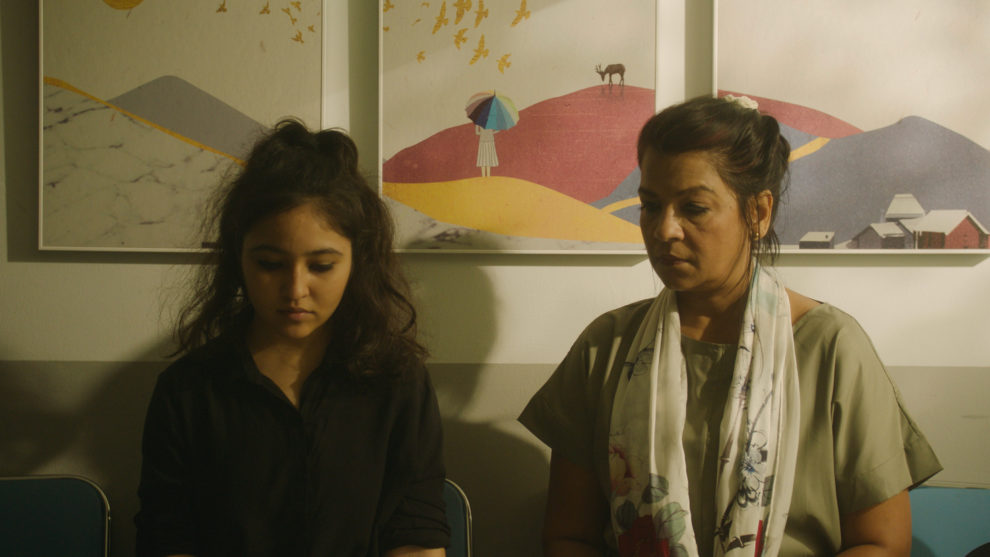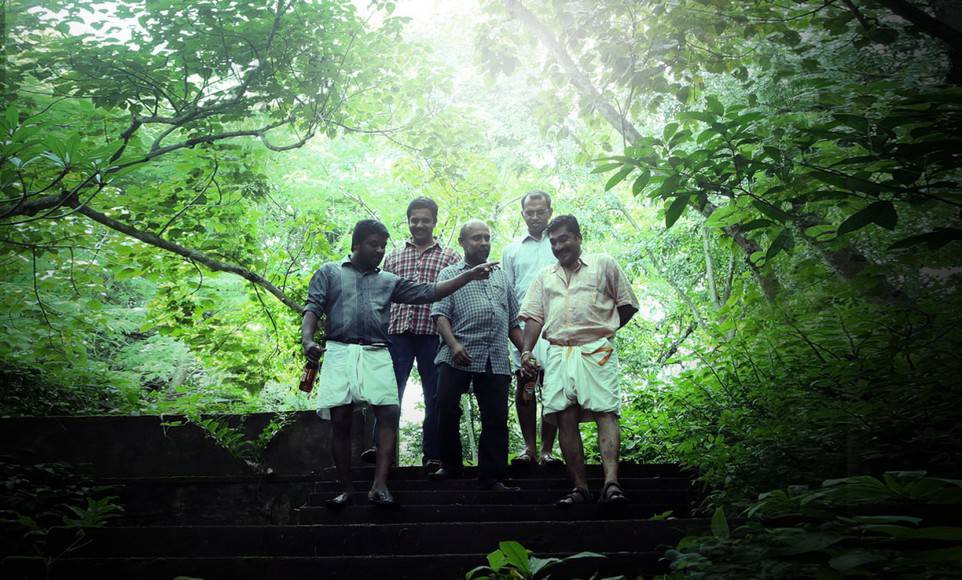Recently, probably due to the pandemic and how it re-ignited the discussion about those issues, class seems to be the focus of many works, in film, in literature and other media. However, while we often tend to concentrate on how these topics are represented in our culture, oftentimes taking a look at their relevance in other countries and culture is quite eye-opening, as it shows facets of the concept we have not recognized yet for some reason. In the case of director Anshul Tiwari, it was writer Debashmita Dasgupta who opened his eyes to the machinations of that particular issue within Singaporean society, which not only provided an important insight for him as a documentary filmmaker, as he tells Variety, but also the foundation for his feature debut “Before Life After Death”, which had its world premiere at the 2022 Singapore International Film Festival.
“Before Life After Death” review is part of the Submit Your Film Initiative

Gauri (Gauraangi Chopra) is a teenage student forced to work at her father's food stall since he cannot afford any more helpers than he already has. Lately, her life at home has been quite stressful with her mother (Shalmalee Vaidya) and her having arguments about how much time she spends with her friends, her lack of ambition in school and how Gauri in general seems unwilling to make an effort to help the struggling family. However, in reality she has used what little free-time she has to meet Krishna (Kris Mavericko), her lover and her father's help in the food stall. When she is sure she is pregnant, she is afraid to confront him, and even more scared of telling her parents about it.
After the loss of her daughter three years ago, life has not been the same for Radhika (Namita Lal). While her routine as a gynecologist becomes something of a refuge for her, the relationship to her husband Maanav (Sanjay Gangopadhyay) is defined by their quarrels about their different way of dealing with the loss, with him wanting to move on and her not ready to let go just yet. When one day Gauri comes into her practice, telling her about her problems and how she struggles finding the right way to handle the situation, the doctor takes a very personal interest in the case.
Apart from the idea of class within Singaporean society, Tiwari's feature touches upon a lot of topics, most importantly, the company of women and dealing with grief. While the narratives strands centering on the two protagonists are seen separately for some time in “Before Life After Death”, the script quickly combines them, emphasizing how the company of the other represents solace, comfort and emotional refuge. While some ideas, aesthetically and narratively, derive largely from conventional domestic dramas, the performances of Lal and Chopra truly stand out in the way they show the emotional arc of their character, how they change through the connection to the other and how they change in the eyes of the society surrounding them.
At the same time, Tiwari and Dasgupta shed light onto Singaporean culture and society. Considering Gauri's parents are Indian, the plot makes a point about this particular culture within this country, their level of integration and their struggle, using the teenager's family as a foundation to tackle those issues. Class is the permanent notion within the story, when it comes to the family's reaction to a person regarded as “servant” or the connection of the two women in general. Given his background in documentary, Tiwari's style is, perhaps unsurprisingly, realistic, with the camera observing the machinations and relations within the character before introducing the drama. Although this approach certainly has its benefits, as it helps to show the development of the emotional connection between the two women more naturally, there is no denying “Before Life After Death” could also have worked with a few minutes less to heighten the dramatic impact of some scenes, especially the finale.
In the end, “Before Life After Death” is a well-written drama about two women and how their connection becomes a way to deal with loss and a source of solace. Thanks to the two leading performances, Anshul Tiwari's drama is worth watching, also due to its insight into Singaporean society.















